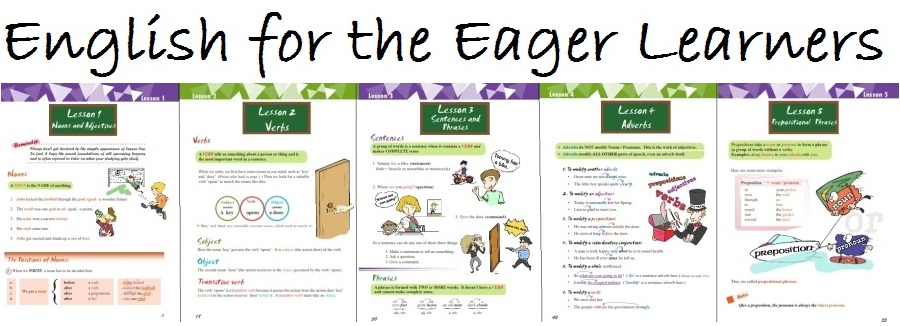Too many fixed expressions, idioms and collocations (combination of words) can be seen spreading through the language. They are exceptions to rules. It is these exceptions that require us to exercise our memory all the time.
Easy does it. (= to do something slowly and carefully)
It is a fixed expression. We can't write:
Easy did it. Or, easiness does it.
Here we understand "does" needs a subject, and that is "easy".
Easy come, easy go. (= Something is easily got and soon lost.)
We can't use "easily" to replace the adverb "easy" in the sentence.
Idioms go the same way, not governed by grammatical rules.
Once in a blue moon.
According to grammar we have to say "the moon".
Go broke. (= Take a dangerous risk.)
Generally we use a gerund after "go", not the adjective "broke".
Some collocations also don't follow grammatical rules.
It is correct to say:
The girl likes the diamond ring very much.
But not:
The girl likes the diamond ring much.
(Though "much" is correctly used to modify "likes", people don't write this way.)
Now we may summarize what we have learned so far:
1. Today's grammar is simple and easy to learn, and to write correct English is not a problem.
2. With reasons behind the rules to light up our language path, we are able to see where we stand and what others are working on, i.e. Who’s right and why? Who’s wrong and why?
3. As our communication is built on a large number of exceptions, it is sensible to learn them as many as possible.

No comments:
Post a Comment